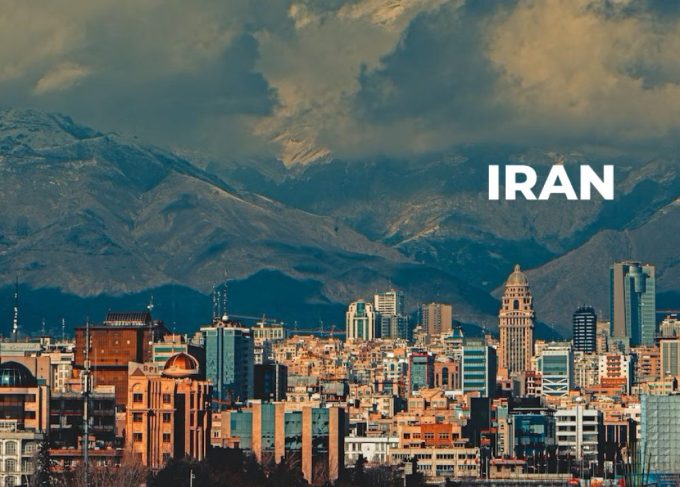Iran: Aserbaidschanischer Anwalt Taher Naghavi im Iran inhaftiert
2. December 2024
Taher Naghavi, Menschenrechtsverteidiger und Rechtsanwalt im Iran, wurde am 20. Oktober 2024 vom Revolutionsgericht in Teheran zu sechs Jahren Haft verurteilt. Die Verurteilung beruht auf seinen friedlichen Menschenrechtsaktivitäten, einschließlich seiner Arbeit zur Verteidigung ethnischer Minderheiten und politischer Gefangener. Naghavi wurde wegen „Versammlung und Verschwörung gegen die nationale Sicherheit“ und „Propagandaaktivitäten gegen den Staat“ angeklagt.
Rechtsanwalt Naghavi wurde am 6. Februar 2024 festgenommen und nach einer Durchsuchung seines Hauses in Karaj willkürlich inhaftiert. Er soll nach seiner Inhaftierung im Evin-Gefängnis körperlichen Misshandlungen, Todesdrohungen, sexueller Gewalt und Schikanen durch seine Familie ausgesetzt gewesen sein. Während dieser Zeit wurde ihm das Recht auf einen Anwalt verweigert.
Der Gesundheitszustand des Anwalts verschlechterte sich nach seiner Festnahme erheblich. Am 12. Juni 2024 trat Taher Naghavi aus Protest gegen seine ungerechtfertigte Inhaftierung in den Hungerstreik und wurde am 19. Juni in ein Krankenhaus verlegt. Trotzdem lehnte das Gericht seinen Antrag auf Freilassung gegen Kaution ab.
Am 30. Juni 2024 beendete Naghavi seinen Hungerstreik nach 18 Tagen aufgrund seines Gesundheitszustands. Er wurde in einen Bereich in Evin verlegt, in dem gewalttätige Gefangene inhaftiert sind, und ist weiterhin mit unmenschlichen Haftbedingungen konfrontiert. Sein Gesundheitszustand ist weiterhin besorgniserregend, da es an angemessener medizinischer Versorgung für seine Schilddrüsenkomplikationen und seinen Bluthochdruck mangelt.
Das Observatorium verurteilt die Misshandlungen, denen Taher Naghavi in der Haft ausgesetzt ist, auf das Schärfste.
Das Observatorium fordert die iranischen Behörden nachdrücklich auf:
- Taher Naghavi unverzüglich freizulassen und alle Verfahren gegen ihn einzustellen, da er nur deshalb inhaftiert ist, weil er seine Grundrechte auf freie Meinungsäußerung und Verteidigung der Menschenrechte wahrgenommen hat.
- Taher Naghavi sofortigen Zugang zu angemessener medizinischer Versorgung zu gewähren, um seine gesundheitlichen Probleme im Einklang mit seinen Grundrechten zu behandeln.
- Die Unterdrückung von Menschenrechtsverteidigern zu beenden und sicherzustellen , dass diese ihre Arbeit sicher und ohne Angst vor Repressalien ausüben können.
Das Observatorium erinnert daran, dass gemäß den Grundprinzipien der Vereinten Nationen über die Rolle der Anwaltschaft, insbesondere den Grundsätzen 16 und 17:
„Die Behörden müssen sicherstellen , dass Rechtsanwälte a) alle ihre beruflichen Aufgaben ohne Behinderung, Einschüchterung, Belästigung oder unzulässige Einmischung erfüllen können; b) frei reisen und ihre Mandanten im In- und Ausland konsultieren können; und c) nicht Gegenstand von Verfolgung oder wirtschaftlichen oder anderen Sanktionen für Maßnahmen sind oder damit bedroht werden, die sie in Übereinstimmung mit ihren anerkannten Berufspflichten und -standards und ihrem Berufsethos ergreifen.“ (Grundsatz 16)
„Wenn die Sicherheit von Anwälten bei der Ausübung ihrer Pflichten bedroht ist, sollen sie von den Behörden angemessen geschütztwerden .“ (Grundsatz 17)

